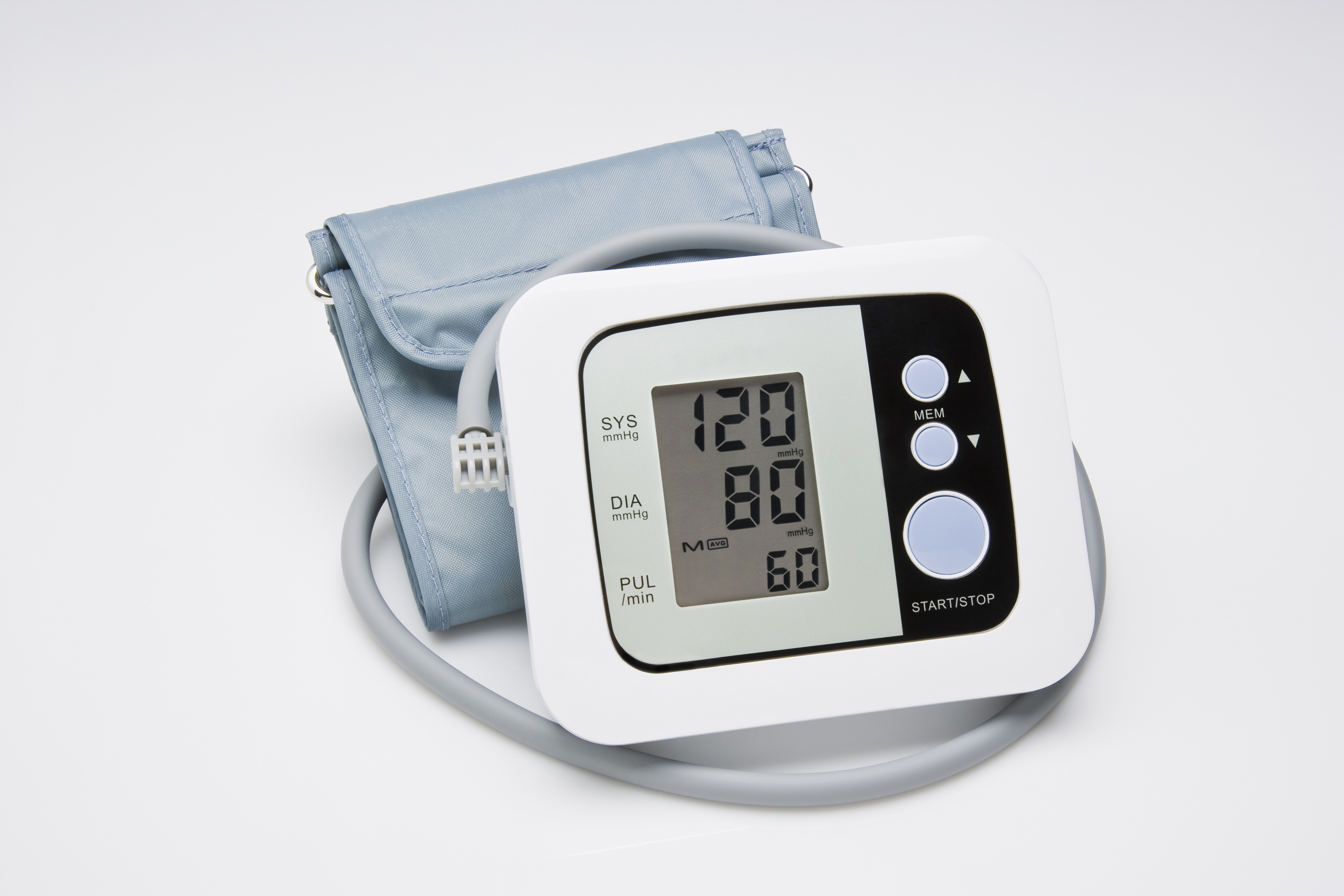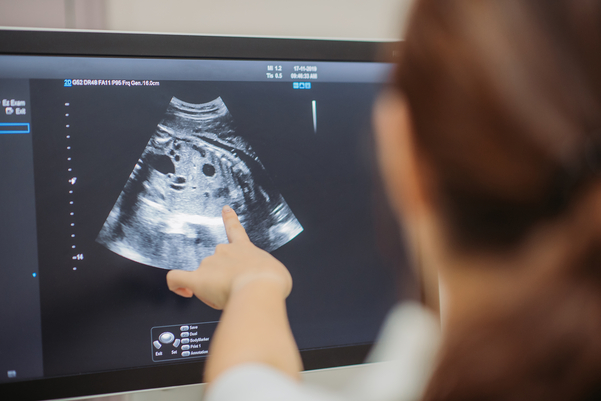- Patients Patients
Reproductive Genetics Testing
Patient Resources
Cost & Billing
- Providers Providers
- Genetic Counseling
- Login Login
- Estimate My Cost

What is Preeclampsia?
Screening for Preeclampsia During Pregnancy
Preeclampsia is a pregnancy complication marked by persistent high blood pressure, affecting about 5% to 7% of all births in the U.S.1 Most people will deliver healthy babies and recover without experiencing serious complications during pregnancy. However, it’s still important to recognize the symptoms and risk factors of preeclampsia, the leading cause of maternal and infant illness and death. Talk to your doctor about screening options.
How does preeclampsia affect your pregnancy?
During pregnancy, your body undergoes a lot of changes. Sometimes, it can be hard to know what’s a normal change and what’s a sign of something more serious. In addition to considering first trimester preeclampsia screening, understanding the signs and risk factors of preeclampsia can help you prevent complications.
Know the signs of preeclampsia2
- Headaches
- Abdominal pain
- Shortness of breath
- Nausea and vomiting
- Confusion
- Heightened state of anxiety
- Visual disturbances (oversensitivity to light, blurred vision, seeing flashing spots or auras)
Factors that pose an increased risk to developing preeclampsia3
- Prior personal or family history of preeclampsia
- Being pregnant with more than one baby
- Chronic high blood pressure (hypertension)
- Prior history of diabetes (type 1 or type 2)
- Kidney disease
- Obesity
- Use of in vitro fertilization
- Autoimmune disorders
- Maternal age of 35 or older
- Prior history of pregnancy complications
- First pregnancy with current partner
- More than 10 years since previous pregnancy
- African American race/ethnicity
How do I know if I am at risk for preeclampsia early in my pregnancy?
Screening can identify an increased risk early so your healthcare provider can closely monitor and manage the pregnancy. To spot preeclampsia in your first trimester before complications develop, early screening is key. With a blood test drawn between 11.0 to 14.0 weeks of pregnancy, your doctor can help assess your risk of developing preeclampsia.

Discover Labcorp’s test options for early preeclampsia screening.

Get answers to the most commonly asked questions about preeclampsia.

Start a conversation with your doctor about early preeclampsia screening.

Learn more about preeclampsia screening with Ovia Health, a Labcorp company
Preeclampsia’s Effect on Black Women
The maternal mortality rate among non-Hispanic Black women is 3.5 times that of non-Hispanic white women.4 Preeclampsia, along with other blood pressure and heart conditions, are leading causes of maternal death for Black women. Read a mother’s story about her experience with preeclampsia and how she advocated for her health.
What can I do if I develop preeclampsia like symptoms later in my pregnancy?
Contact your healthcare provider immediately if experiencing preeclampsia symptoms, which can arise anytime during pregnancy, particularly after the 20th week. Your doctor can assess your risk with a blood test between the 23rd and 34th weeks. Positive results later in pregnancy may prompt discussion on managing maternal and fetal health, potentially including:
- Referral to a tertiary care center
- Preparation for delivery in severe cases
- Chronic hypertension treatment

What are the complications of preeclampsia?3,5
While preeclampsia complications are rare, they can develop if the condition isn’t properly diagnosed or managed. Talk to your doctor about how to prevent preeclampsia complications for both yourself and your baby.

Eclampsia
Eclampsia is the onset of seizures or coma with preeclampsia symptoms

HELLP syndrome
HELLP stands for hemolysis (destruction of red blood cells), elevated liver enzymes and low platelet count. HELLP syndrome can be life-threatening to both the baby and the mother

Organ damage
Preeclampsia can result in damage to the kidneys, liver, lung, heart or eyes. It can also cause a stroke or blood clotting disorder, and it may increase your risk of future heart disease

Fetal growth issues
Since preeclampsia can restrict blood flow to the placenta, the baby may receive inadequate oxygen and nutrients, leading to slow growth in the womb

Preterm birth
Preeclampsia can lead to an unplanned preterm birth, but a planned preterm birth is also a primary treatment for preeclampsia. Babies born prematurely have a higher risk of breathing and feeding difficulties, vision or hearing problems, developmental delays and cerebral palsy

Placental abruption
With this complication, the placenta separates from the inner wall of the uterus before delivery, potentially causing heavy bleeding that can be life-threatening for both the mother and baby
References:
1. Center of Disease Control and Prevention. Preeclampsia, Genomics and Public Health. October 25, 2022. https://blogs.cdc.gov/genomics/2022/10/25/preeclampsia/ Accessed November 14, 2023.
2. Preeclampsia Foundation. What is preeclampsia. https://www.preeclampsia.org/what-is-preeclampsia. Accessed August 11, 2023.
3. Mayo Clinic. Preeclampsia. https://www.mayoclinic.org/diseases-conditions/preeclampsia/symptoms-causes/syc-20355745. Accessed August 11, 2023.
4. Fingar KR, Mabry-Hernandez I, Ngo-Metzger Q, Wolff T, Steiner CA, Elixhauser A. Delivery Hospitalizations Involving Preeclampsia and Eclampsia, 2005–2014. In: Healthcare Cost and Utilization Project (HCUP) Statistical Briefs . Rockville (MD): Agency for Healthcare Research and Quality (US); April 2017.
5. NHS. Pre-eclampsia Complications. https://www.nhs.uk/conditions/pre-eclampsia/complications/. Accessed August 16, 2023.



